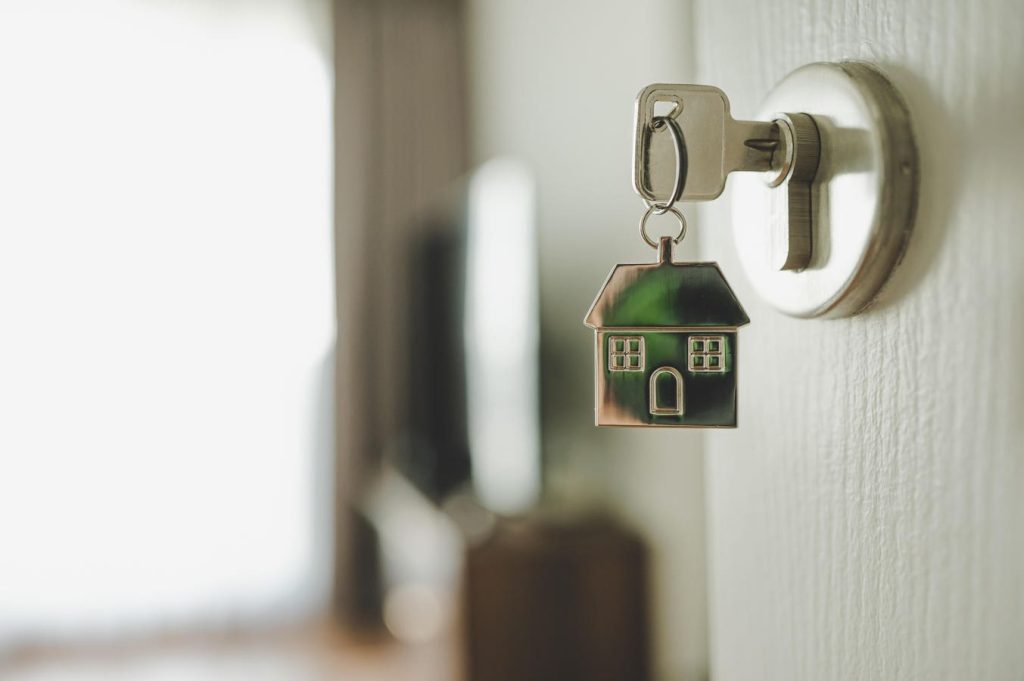The dream of homeownership is often linked to financial stability and security, but recent economic changes have created a complex situation for many. Homeowners with low-rate fixed mortgages have been feeling fortunate amidst rising rates for new mortgages, but other costs of ownership are catching them off guard. Rising property taxes and homeowners’ insurance premiums are presenting a growing challenge to the financial health and decision-making strategies of homeowners. It is crucial for homeowners and potential buyers to understand the implications in this environment.
Property taxes have seen a significant increase in the U.S. since the pandemic, with a more than 25% rise in median single-family home property taxes since 2019. This increase is mainly due to the home’s assessed value, which can vary from state to state and even among counties or municipalities within the same state. The median price for a single-family home in the U.S. has risen by about 40% from 2019 to 2023, reaching a peak of $480,000 before settling at around $417,000. This rise in value may be ideal for seniors looking to downsize, but higher interest rates and competition for downsized homes can complicate or derail their plans.
With U.S. median property taxes reaching $2,826 in 2023, up by $539 from 2019, homeowners are facing a 23.6% increase over four years. This rise is even higher for reassessed properties, where median taxes have climbed to $2,943, up by $612 or 26.3% since 2019. In some areas, the expiration of property tax abatement programs is causing further financial strain on homeowners, with taxes reverting to full payment over several years. Additionally, skyrocketing home insurance costs are impacting homeowners, particularly seniors on fixed incomes, with the average annual premium now at around $2,511.25.
The forecast for home insurance premiums remains grim, with projections indicating a further rise of 10% to 15%. This trend calls for homeowners to create smart action plans to mitigate the growing financial strain, especially as inflation adds additional pressure on household budgets. The combination of rising property taxes and insurance costs, along with limited inventory, is limiting eager buyers and stifling the real estate market. Homeowners are facing a challenging situation where the financial benefits of fixed living expenses are no longer guaranteed, and renters may have more stability in comparison.
In conclusion, homeowners are facing a balancing act between rising costs and the benefits of homeownership. While many have seen their home values increase post-pandemic, the financial strain of increasing property taxes and insurance premiums is a significant challenge. Whether you own or rent, it is crucial to consider all the costs of your home in your personal financial plan. The real estate market is navigating through these headwinds, and homeowners need to adapt and plan accordingly to ensure their financial stability in the current economic environment.


